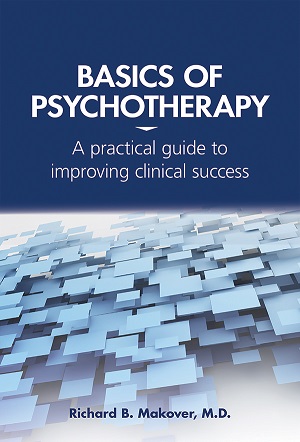Chapter 7.What Is Communication?
Sections
Excerpt
This chapter and the next examine some specific considerations in the conduct of therapy, emphasizing generic techniques and technical considerations, aspects that are not necessarily part of a particular methodology. These general principles and tactics will be useful whatever the goals and strategies selected for a desired outcome and have more to do with common interactions between you and the patient than with the customs and practices of a specific psychotherapy. The focus in this chapter is on the way effective communication can support progress in treatment.
Access content
To read the fulltext, please use one of the options below to sign in or purchase access.- Personal login
- Institutional Login
- Sign in via OpenAthens
- Register for access
-
Please login/register if you wish to pair your device and check access availability.
Not a subscriber?
PsychiatryOnline subscription options offer access to the DSM-5 library, books, journals, CME, and patient resources. This all-in-one virtual library provides psychiatrists and mental health professionals with key resources for diagnosis, treatment, research, and professional development.
Need more help? PsychiatryOnline Customer Service may be reached by emailing [email protected] or by calling 800-368-5777 (in the U.S.) or 703-907-7322 (outside the U.S.).



